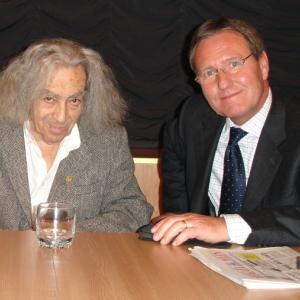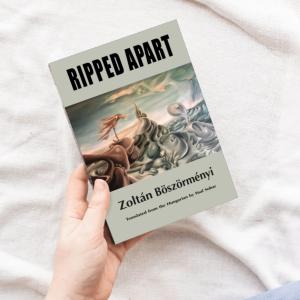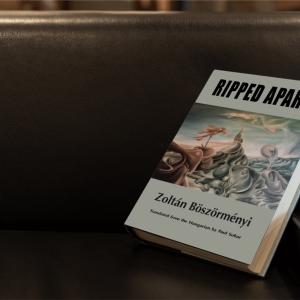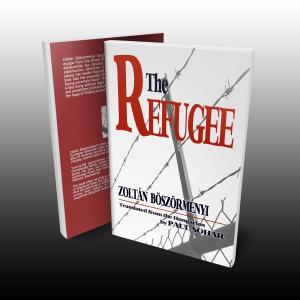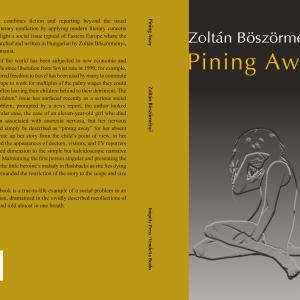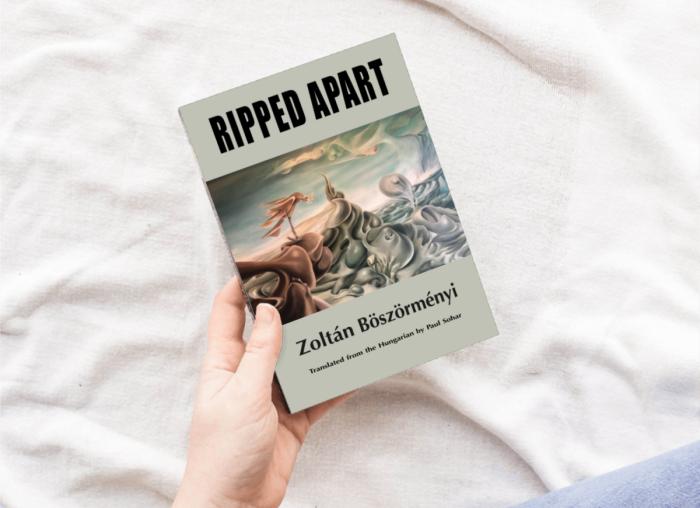
Ripped Apart Book Review by Marjorie Acker
It is not a widely discussed – or understood – occurrence, but it can be simply stated: slightly more than 100 years ago, Hungary as it once was – a kingdom – was brutally dismembered as a result of, some say, ill-advised decisions made at peace talks at the Trianon palace outside of Versailles in 1920. Two-thirds of Hungary’s land was cut away, and more than 3.3 million of its ethnic Hungarian citizens found themselves members of another nation. Due to the severe psychic wounds that were inflicted by the decisions, the collective trauma inflicted upon Hungary’s people and culture has not been successfully mitigated to this day. In fact,100 years later, research among Hungarians indicates that two-thirds believe that parts of neighboring countries by rights belong to Hungary.
Ripped Apart is a unique and novel – literally – approach towards helping the rest of humanity (us) in our understanding of the predicament of Hungarian citizens following 1920’s tragic upheaval of the country’s boundaries and occupancy with a troubling, albeit symbolic depiction of discontent amid the lives of an intellectual and sexually adventurous band of fictional characters living in modern Toronto.
Unhappiness bloomed like a bad virus among the characters of Ripped Apart as they became restless, dissembling, unfaithful, despondent, plagued by self-doubt and facing misfortune in their own personal lives for disparate reasons. Sadly, they are people we can understand, even like, and were rooting for, despite wanting to warn them of the dangers of their behaviors.
Late in the book, the author includes the text of actual pleas of world leaders such as Hungarian statesman Count Albert Apponyi as a result of the markedly unjust terms laid out for Hungary at the Paris Peace Conference in 1920. The Count’s deeply felt words are gut-wrenching, but to no avail.
Ripped Apart is enlightening to many of its readers, and at the same time complex, intriguing and attention-grabbing. Zoltán Böszörményi’s clever writing style and impeccable research will absorb the reader and spark empathy until the very end. Highly recommended.









